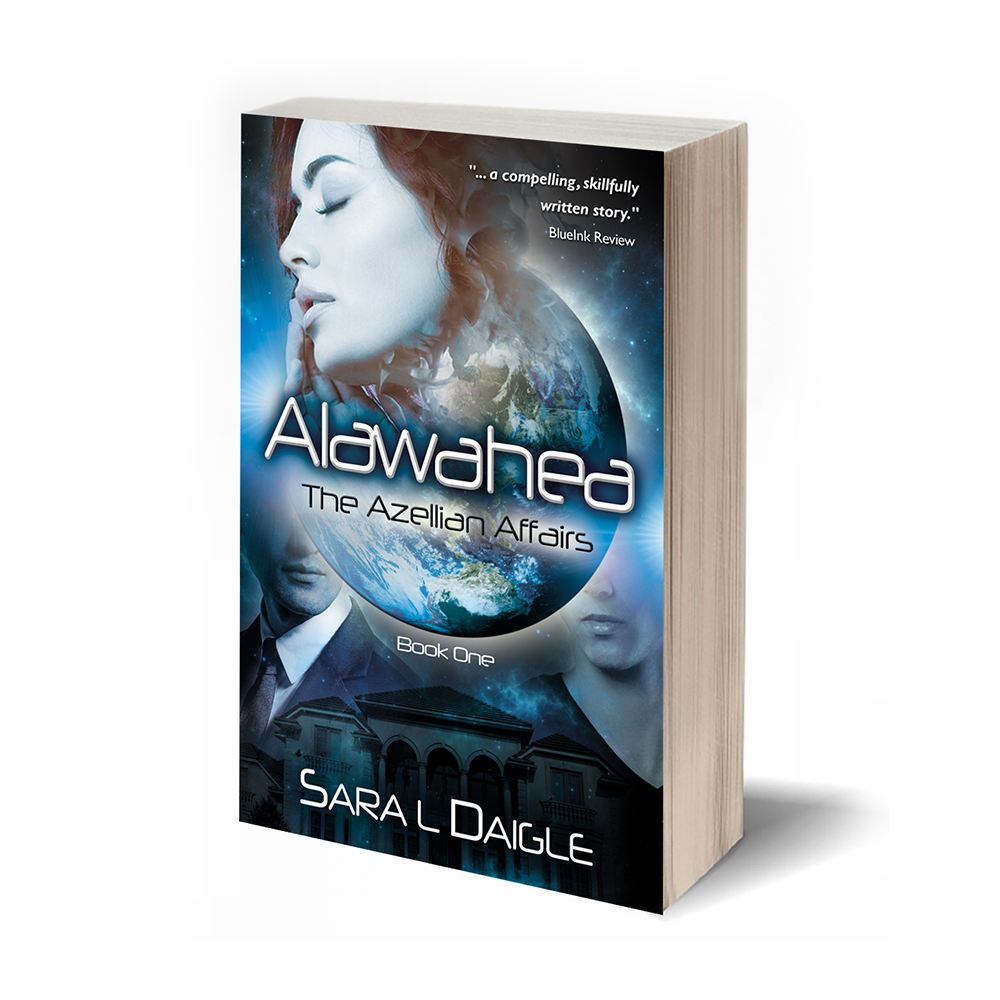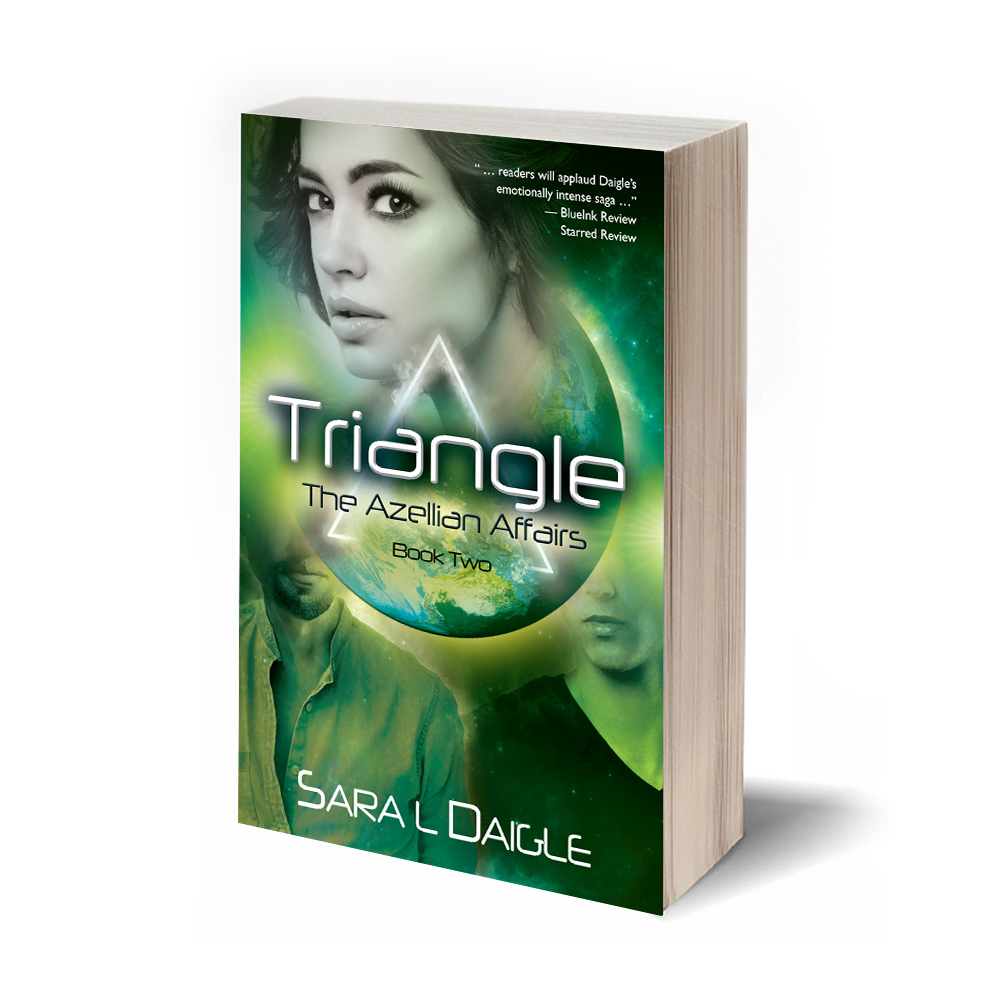What If I’m Wasting My Time? Leaping into the Abyss of Publishing
/I recently interacted with people who are struggling with another very real and very legitimate fear: “okay, I got over all those hurdles to begin writing, wrote a book, published it and now it’s not doing as well as I’d hoped it would. What if my time is being wasted and I’m losing money and it’s all for nothing?”
This is a big deal. Self-publication, especially if you are hiring good editors, cover designers and layout experts, is expensive. It doesn’t have to be that expensive, of course—there are ways around spending your life savings on publishing a book especially in this day and age of self-publication—but we all have an image in our heads of what we want to see and for many of us, it involves quality, not formulaic quantity. These books are our babies, and we don’t want to see baking soda advertisements pasted all over it, to quote L.M. Montgomery and her character Anne Shirley of the Anne of Green Gables series.
Brutal honesty time—if you are an author of a new or little known genre of fiction novels (and are not capitalizing on some wave that is already happening), it takes time to get your name out there. Sometimes a long time. And there’s no guarantee people will snap up your book. You aren’t making very much per book, so that means to make a living at it, you have to sell LOTS of books to LOTS of people. You have to sell multiple titles, because after people buy one, they’re done. They won’t buy the same one again (unless it’s in a different format that they want to consume—but that’s another piece of a very complex puzzle). So you have to write a series. Or more than one book in a genre. And you have to do it quickly. There are thousands of different possibilities to create a strategy to get your book out there, but none of them answers the question: what if I’m wasting my time with this? And worse, my money? What if it never goes anywhere?
These are hard questions. For the first two and a half years of my book being out, I asked myself the same thing. I don’t any more. Why? Because I got very, very clear on what I wanted out of my stories. It took honesty, and sometimes uncomfortable honesty, before I figured it out.
My discovery: I want to write quality books that impact people’s lives and encourage them to change the way they see their own lives—to open up possibilities that they hadn’t seen for themselves before. I want to do it in a way that is honest and true to the messages I carry, even if the book is not like anything else out there (and it isn’t, which creates a whole other level of complexity). Is that worth me spending my own money, whether or not it generates a billion dollar international bestseller? Yes. It is. And so my book is a success to me—because it already is a success. I have done it—and gotten proof. I watched my book affect a complete stranger so strongly she told me she read it multiple times, one right after the other. I heard her open to new possibilities as we spoke, with wonder in her voice. Where will she take it? How will her life change from here? I don’t know, and it’s not for me to say. I just know that everything I want to do with Alawahea is accomplished. Will it reach billion dollar bestseller status? If it does, great. If it doesn’t, great. It is doing what I intended it to—and it will continue doing what it does best as I persist in telling people that it’s available. For me, everything else is just window dressing and self-exploration.
Depending on your deepest intention for what you want your book to be, the possible routes to get there are all very different. When you have clarity around what you want and clear definition of success, you can navigate those routes with confidence and ease. And when that little obnoxious voice that lives in all of us tries to say “you are a failure”, you can know it lies.
In the end, it’s about looking out over the edge of the metaphorical abyss and knowing that you have wings … because although we might not realize it except in our dreams, we all do.


